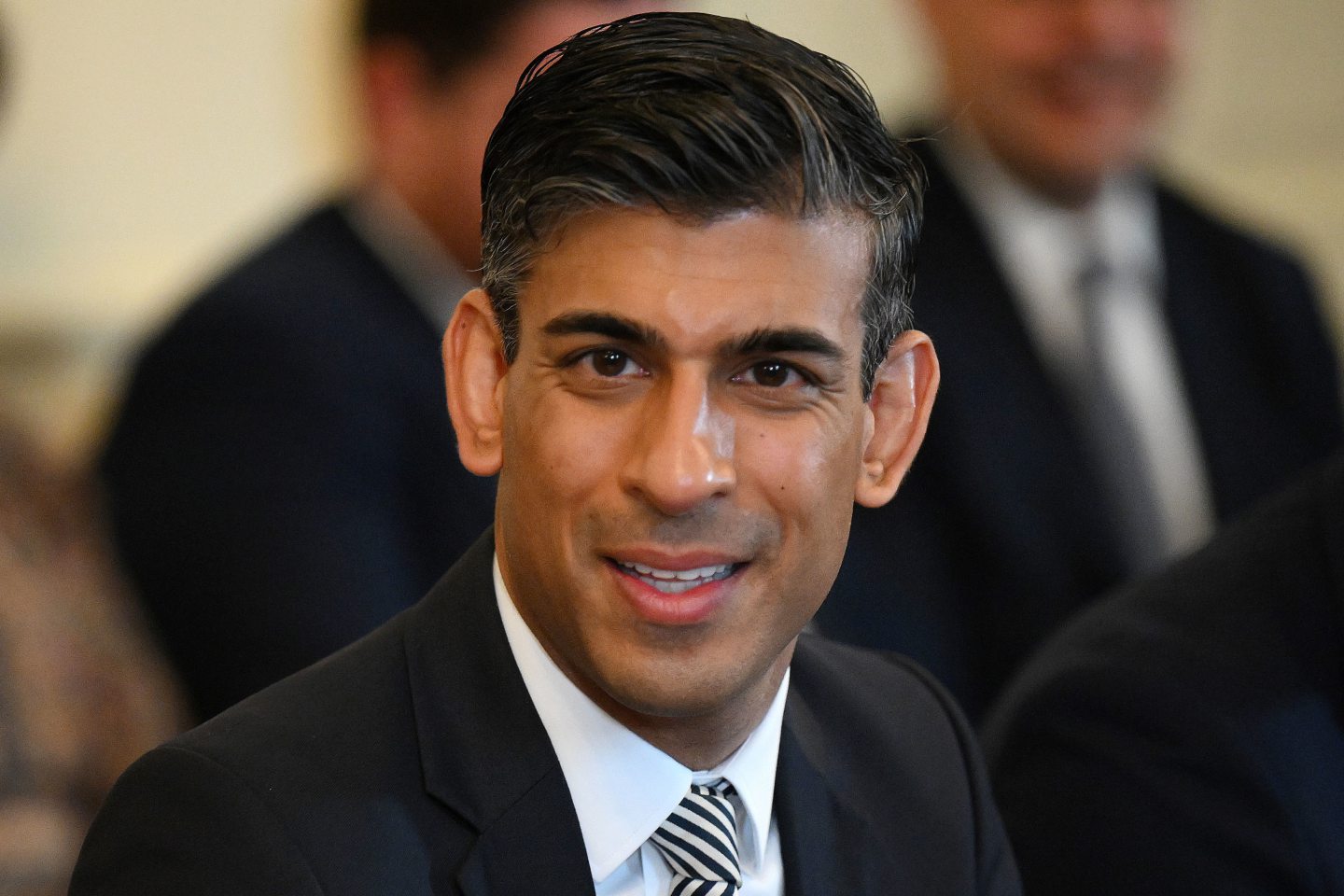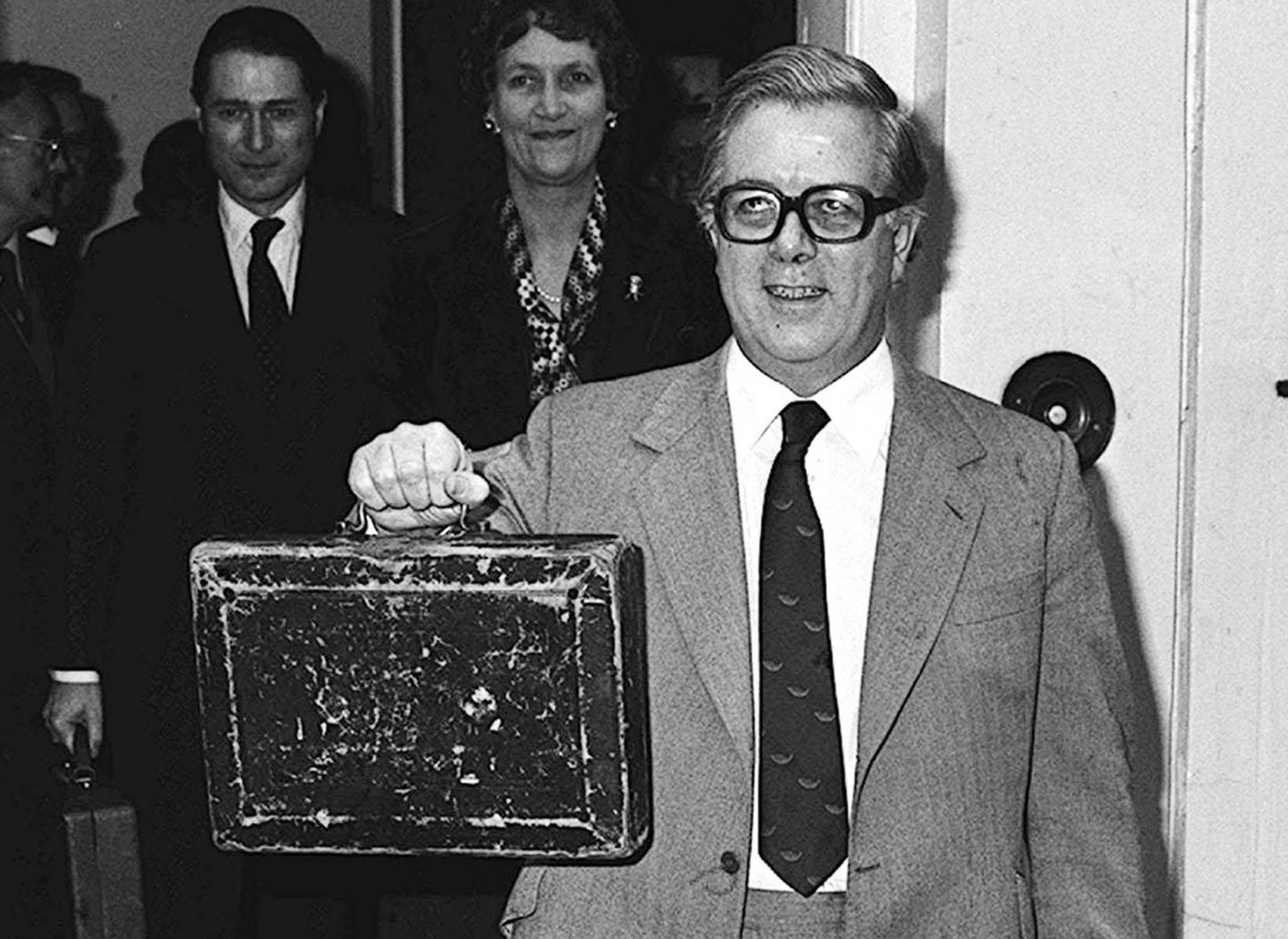
Sanjoy Sen sets out the case for certainty in the North Sea taxation regime in the wake of last month’s windfall tax announcement.
A decade ago, I completed back-to-back Masters degrees at Scottish institutions, firstly in petroleum engineering (Heriot-Watt), later in oil & gas law (Aberdeen). Alas, the first real-world lesson from all that education was a painful one: there is no job vacancy anywhere in which it’s useful to hold both of those qualifications. (Like none. Not a single one.) But I did learn a lot of other handy stuff. Perhaps most importantly, I discovered that when it comes to oil & gas, taxation is every bit as complicated as exploration. And in taxation, nothing is more important than certainty.
Last month, the UK government responded to soaring utility bills and bumper North Sea profits by adding a new 25% offshore tax to the existing 40%. And its name, the Energy Profits Levy, could prove significant: whilst a windfall tax is essentially a one-off, this is potentially multi-year. So, despite a generous investment allowance, industry is worried. But whilst Rishi Sunak might now be coming under fire for this sudden change, we’ve been here before.
Successive UK chancellors (Conservative and Labour) have constantly tweaked offshore rates in response to global events and oil price movements – that’s stuff that no-one can predict, let alone control. At the turn of the 1980s, whilst I was more absorbed by Scooby Doo cartoons than fiscal policy (actually, I still am), Geoffrey Howe was busy unleashing windfall taxes out of the blue – not just on oil but also on banks. The North Sea tax regime is by no means the worst and has delivered well over £300 billion in revenues. But could we have raised even more by creating greater certainty?
If you’ve worked in the North Sea, you’ll understand how quickly things can change. The late noughties was a period of high oil prices (exceeding $100 a barrel by 2008), leading to an impressive flurry of offshore activity. Needless to say, this didn’t go un-noticed. Gordon Brown having launched his Supplementary Charge in 2002 later ramped it up. George Osborne went further still and by 2011, most UK fields ‘enjoyed’ a 62% marginal rate. Older fields (think Brent, Forties, Ninian) also remained subject to the Petroleum Revenue Tax and paid out at an eye-watering 81%. But by 2015, oil had dipped below $40 and tax rates went unchanged. Contracts were cancelled and redundancies swiftly followed. And ultimately, heavy taxation eroded industry’s appetite for exploratory drilling, the lifeblood of any production basin. As a result, in recent years, we’ve seen few existing finds brought on-line and even fewer new discoveries made. An uncertain tax regime creates uncertainty in investors. By contrast, Norway held a 78% total rate for many years – that’s definitely not low but at least everyone knows where they stand.
If you’re ever studying anything economics-related (especially at a Scottish university), you’ll soon run into Adam Smith and his four canons of taxation: fairness, certainty, convenience, efficiency. So, whilst uncertainty over offshore tax rates has undoubtedly created issues, the UK’s principle of taxing profits still remains the most progressive way of generating revenues. By contrast, a plethora of alternatives have been deployed globally with varying success. Some countries have opted for state participation and production sharing contracts although the record of national oil companies is somewhat patchy. Others have auctioned off production rights, trading long-term value for up-front income. Royalties (essentially a share of every barrel produced) can also prove sub-optimal as they fall on revenues, not profits. So, at least we are on the right lines.
But even within a profit-based taxation system, there can exist viable alternatives to knee-jerk responses to changing situations. Whilst not a windfall tax, Australia deploys a feature with a broadly similar effect. Targeted at offshore mega-projects, the Petroleum Resource Rent Tax is a ‘super tax’ which applies only after certain thresholds have been cleared and the development has become highly profitable. Best of all, it only targets fields that can afford to pay more and kicks in predictably when financially appropriate, not as a sudden reaction to political events. This offers certainty to investors and high returns to the exchequer.
Here in the UK, sadly, as noted by the Aberdeen & Grampian Chamber of Commerce, the quality of debate ahead of the new levy proved somewhat disappointing. You won’t have heard that the industry is only just recovering from almost a decade in the doldrums and needs all the support it can get. Or that Corporation Tax was already being levied at 30% offshore (far higher than the mainstream 19%) and, in combination with the 10% Supplementary Charge, would have seen industry cough up £8 billion even before any windfall tax (sorry, Energy Profits Levy). Or that companies have just taken massive write-downs from exiting Russia and now need to ramp-up activities elsewhere to compensate. (Whilst also needing to invest billions to drive the energy transition.) And certainly no-one mentions that multi-nationals can invest anywhere, so the UK tax system needs to remain competitive – a newer, Smith-like fifth principle that would have been less pertinent when his Wealth of Nations blockbuster hit the bookshelves in 1776.
The UK’s profit-based arrangements for oil & gas taxation are in many respects the least-worst option. But they would a work a lot better if the countless tax rises weren’t so dramatic and, more importantly, the cuts weren’t so slow. And they’d work better still if the system could respond to change by itself and thus take the politics out. Certainty is the key to maximising tax revenue – and we would have gotten it too if weren’t for those pesky meddling chancellors.
Sanjoy Sen CEng FIChemE is a chemical engineer with over 20 years’ industry experience.
He also holds an MSc in Petroleum Engineering and attained a distinction in his LLM in Oil & Gas Law from the University of Aberdeen where he considered a devolved Scotland’s future.
He spent four years in the Oil & Gas Authority as a Senior Development Engineer and was the Conservative general election candidate in Alyn & Deeside in 2019. He writes here in a personal capacity.
Recommended for you

 © PA
© PA © PA
© PA